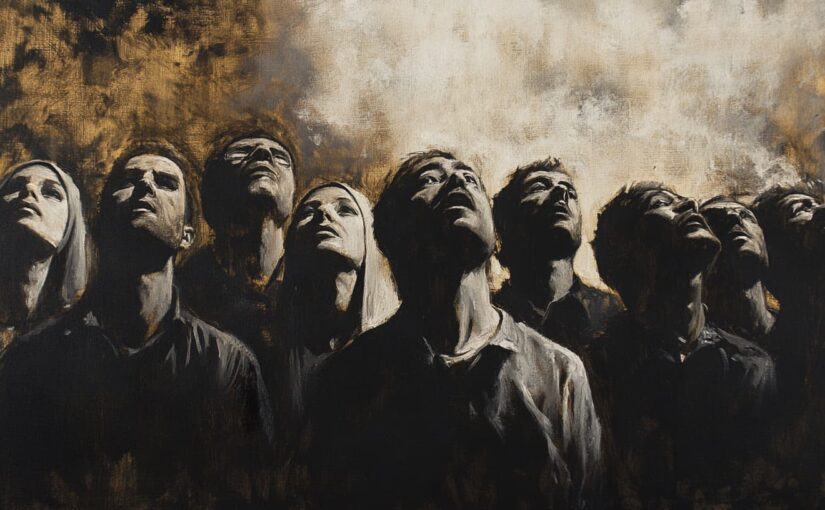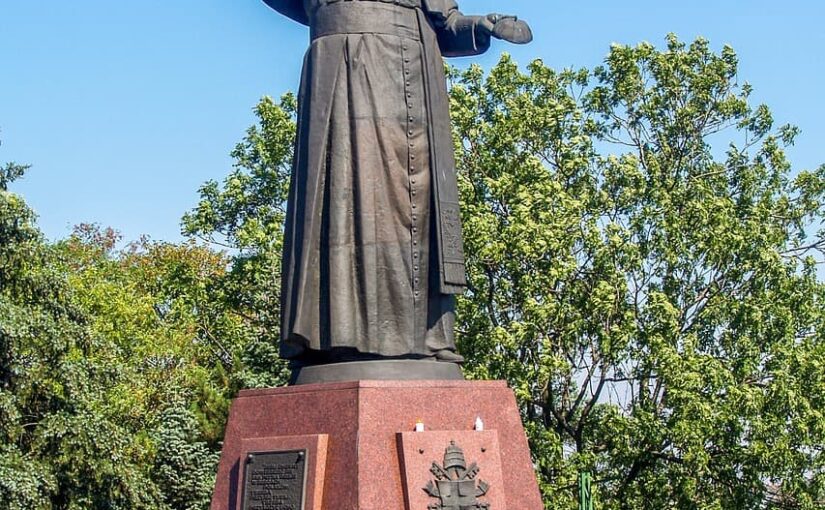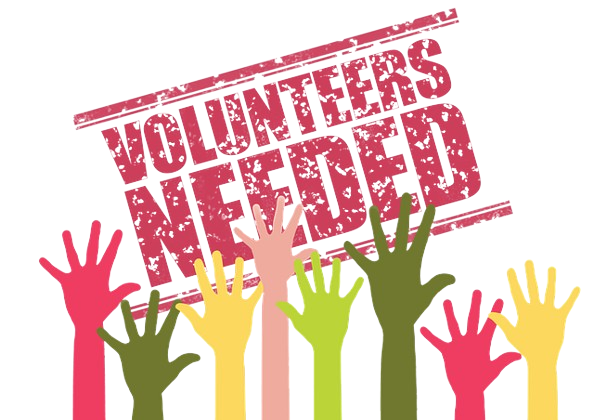Modern society takes pride in its progress and humanism, but has our attitude toward those on the margins really changed? In the past, almshouses served as a way to “solve” the problem of the poor, the sick, and the elderly — people whose presence reminded us of social inequality. Today, these institutions have disappeared, but they have been replaced by other, less visible forms of social isolation.
Humanity has created new spaces where people can retreat from the world — whether it’s nursing homes, the closed-off life after retirement, or immersion in digital environments. These forms of seclusion may be voluntary, but often they are forced — especially for those who no longer feel needed or wanted.
From Shelters to Digital Isolation
In pre-revolutionary Russia, almshouses were shelters for those whom society preferred not to see: beggars, people with disabilities, the mentally ill, and elderly without support. Formally, these institutions were built for reasons of compassion, but in practice they became places of oblivion, where people spent their final days out of sight.
Today, physical isolation has been replaced by virtual alternatives. With the rise of digital technologies, people now have the opportunity to isolate themselves differently: without leaving home, they can spend days or even months in online spaces, without directly interacting with society. This may be a choice — or the result of having no other options.
One such space is online entertainment, including games, video platforms, and social media. For example, online сasina is one of many digital services offering people leisure time, a chance to test their luck, or simply a way to escape. For some, it’s just a pastime, but for others — especially those who see no prospects in real life — it becomes a form of withdrawal from reality.
Who Finds Themselves in New Forms of Isolation?
If we take a closer look at those retreating into the digital world, we often see vulnerable groups. Elderly people who are no longer part of the workforce. People with disabilities for whom the internet is the only form of access to society. Individuals who, for various reasons, cannot take part in active public life.
For them, virtual spaces offer what they lack in everyday life: a sense of control, participation, and the ability to choose. This can be beneficial and supportive — as long as the person also has other sources of support in their life.
Why Doesn’t Society Notice?
One reason society doesn’t respond to hidden isolation is because it is invisible. Unlike in past eras, we no longer need physical buildings to “separate” a person — it’s enough if they don’t leave the house, don’t socialize, and don’t participate in the life of the community.
Modern economies not only fail to prevent this, they often build entire industries around individualized consumption. Digital entertainment services, including online сasina, target a wide range of users, each with their own motivation: some seek fun, others seek compensation, and some simply want to feel present in the digital world.
The problem is not the services themselves, but the lack of equal access to opportunities. When real life offers no paths for development, people turn to the sphere where they feel active — even if it’s just an illusion.
How to Break the Cycle of Social Isolation?
Closing almshouses back then didn’t solve the problem — it simply shifted it into different forms. Today, the focus should not be on fighting the visible symptoms, but on changing the approach to social policy.
Possible solutions include:
Creating real social elevators — education, employment, inclusion — especially for vulnerable groups.
Developing support programs for those in isolation, including psychosocial support and rehabilitation initiatives.
An ethical approach to regulating digital industries: it’s important not only to follow formal rules but also to consider the potential impact on vulnerable audiences.
Conclusion: Don’t Repeat Old Mistakes
The history of almshouses teaches us a crucial lesson: attempts to hide social problems instead of solving them only lead to their transformation into new forms. Despite its technological advancement, modern society continues to reproduce models of isolation for vulnerable groups — just in more subtle and sophisticated ways.
The gap between the prosperous majority and those on the margins still exists. It manifests in various areas — from elder care systems to access to social mobility for marginalized communities. And as long as we choose to ignore these problems, they will only grow worse.
The Czech Republic, with its rich traditions of humanism and social responsibility, has every opportunity to become an example of a new approach. But to do so, we must stop viewing vulnerable citizens as “someone else’s problem” and begin building a society where no one is left behind. True progress is measured not by technological achievement, but by the ability to see every person — regardless of their status or circumstances — as an equal part of the whole.










